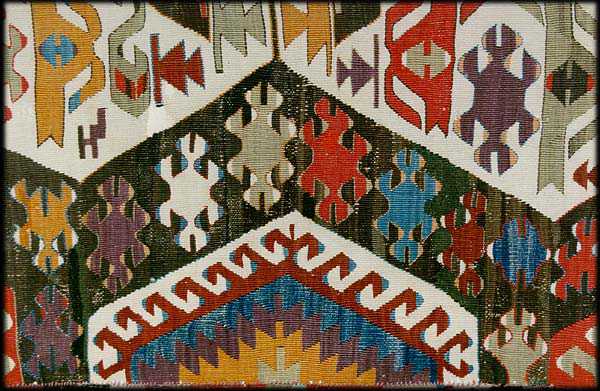This week’s column deals with the self-defeating attitude of some Armenians whose negative outlook manifested itself once again with the latest news about the French bill criminalizing denial of the Armenian Genocide.
Some people hold the skeptical view that any project undertaken by Armenians is doomed to failure. A few years ago, I was advised by several readers not to call for dismissal of the Los Angeles Times Managing Editor for censoring an article by Mark Arax on the Armenian Genocide. On another occasion, I was advised not to ask Time magazine to apologize and make amends for disseminating a Turkish denialist DVD. I ignored the defeatist suggestions that countering such powerful publications would be futile and even counter-productive. It was not an easy struggle, but I am happy to report that Armenian activists prevailed in both campaigns.
It is noteworthy that such apathetic individuals not only fail to offer any assistance or encouragement, but go to great lengths to discourage those who are furthering the interests of the community. Interestingly, those who sit on their hands are usually the ones who complain the most about others who are serving the common cause.
Imagine if twenty years ago the small band of Armenian freedom fighters had listened to such naysayers and decided that it was not possible to liberate Artaskh (Karabagh) from Azeri and Soviet occupation forces! Would I be here today if my ancestors, the brave people of Zeitoun, located in the heartland of the Ottoman Empire, had not fought against powerful Turkish armies and won more than forty battles and hundreds of skirmishes to preserve their safety and autonomy?
Returning to our own times, how often are we told by misinformed Armenians with an “all-knowing” attitude that the U.S. Congress will never recognize the Armenian Genocide, when in fact it was recognized in 1975 and 1984! Or how many times these misguided fortune-tellers have prophesized that no U.S. President will ever recognize the Armenian Genocide because Turkey is too important, unaware that Pres. Ronald Reagan recognized it in a Presidential Proclamation on April 22, 1981!
These same Armenians were confident that the French Parliament would not adopt a bill criminalizing denial of the Armenian Genocide last December, either because there would be a last minute snag or that Pres. Sarkozy was tricking Armenians to get their votes in the forthcoming Presidential elections. Yet the Parliament approved the legislation by a wide margin. When the bill made its way to the Senate on January 23, 2012, once again the skeptics confidently predicted that an unexpected development would block its passage. The bill was adopted by a vote of 127-86.
Last week, when some French legislators, aided and abetted by the Turkish Ambassador, appealed the bill to the Constitutional Council, some Armenians fell into deep depression. They insisted that there was an anti-Armenian conspiracy, claiming to have known all along that the initiative would end up in failure. These people do not seem to realize that the appeal does not necessarily mean defeat of the bill. In fact, should the Council determine that the bill is constitutional, those who would be arrested for denying the Armenian Genocide could no longer challenge the new law.
However, should the Constitutional Council reject the bill, it would not be the end of the world, as Pres. Sarkozy has pledged to amend it and resubmit it to both legislative houses. Nevertheless, the pursuit of the Armenian Cause does not depend on any particular bill. Armenians have many other major demands from Turkey under international law.
Rather than simply deploring that the bill has ended in the Constitutional Council, Armenians should demand that certain members of the court disqualify themselves from this case due their impermissible affiliation with Turkish Think Tanks or for having made prejudicial statements on this issue. It is noteworthy that six of the French Senators who filed for the appeal are currently enjoying themselves in Azerbaijan as guests of the state, tasting Caspian caviar and indulging in other Azeri “delicacies.”
Far more important than any bill is Armenians’ solemn determination to continue the struggle for their rightful cause, undeterred by setbacks or obstacles. Having survived several millennia of occupation, pillage, massacres, and genocide, Armenians cannot succumb or surrender at the first sign of adversity!
Armenians can go forward only when they purge themselves of their self-defeating attitude and subservient mentality, left over from centuries of Ottoman Turkish subjugation and servitude.





